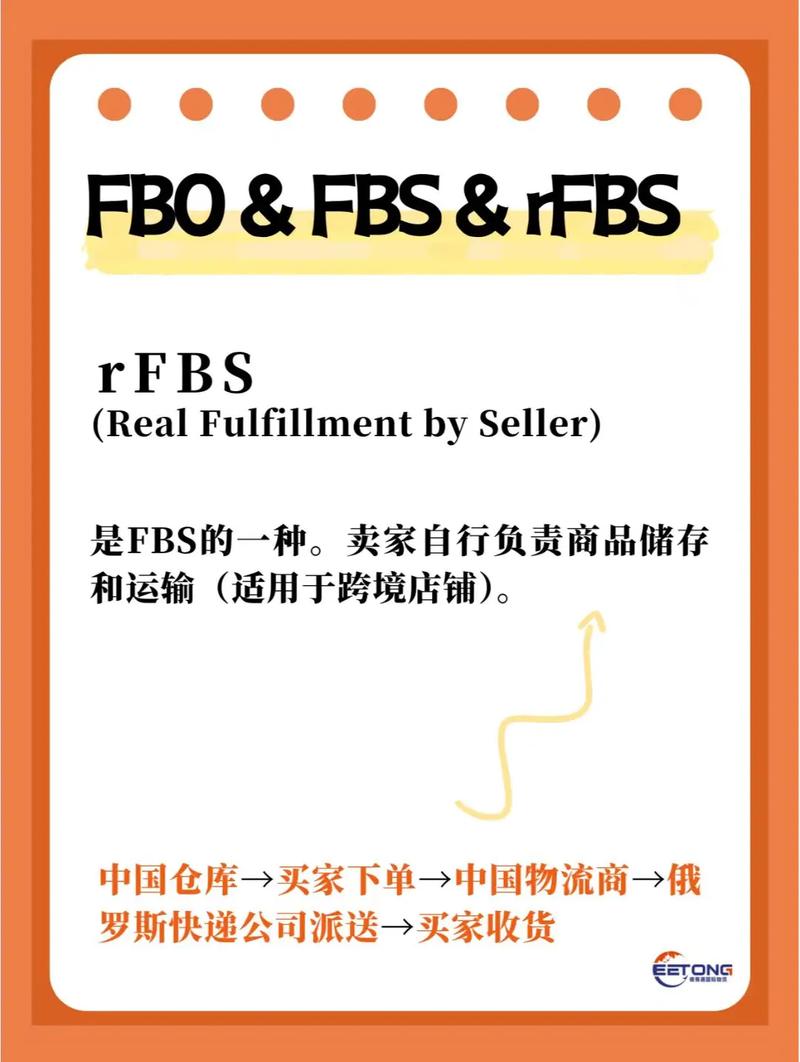Understanding the Basics of FreeBASIC
Are you intrigued by the world of programming and looking to explore new languages? Have you ever wondered how FreeBASIC (FB) compares to C? If so, you’ve come to the right place. In this article, we’ll delve into the intricacies of FreeBASIC, comparing it with C and providing you with a comprehensive guide to help you navigate this fascinating programming language.
What is FreeBASIC?
FreeBASIC is an open-source, 32-bit BASIC compiler that is designed to be compatible with Microsoft QuickBASIC. It allows you to write programs in a language that is both familiar and powerful. FreeBASIC is known for its simplicity, making it an excellent choice for beginners and experienced programmers alike.

FreeBASIC vs. C: A Comparison
When comparing FreeBASIC to C, it’s important to note that both languages have their unique strengths and weaknesses. Here’s a breakdown of some key differences:
| Feature | FreeBASIC | C |
|---|---|---|
| Syntax | FreeBASIC syntax is similar to QuickBASIC, making it easier for beginners to learn. | C syntax is more complex and requires a deeper understanding of programming concepts. |
| Data Types | FreeBASIC has a limited set of data types, which can be both a pro and a con. | C offers a wide range of data types, allowing for more flexibility in programming. |
| Performance | FreeBASIC is generally slower than C, but it’s still a viable option for many applications. | C is known for its high performance, making it a popular choice for system-level programming. |
| Portability | FreeBASIC is platform-independent, but it may require additional libraries for certain features. | C is also platform-independent, but it’s more widely supported across various platforms. |
Copying C Code into FreeBASIC
One of the most common questions when transitioning from C to FreeBASIC is how to copy and modify C code for use in FreeBASIC. Here are some tips to help you make the transition:
-
Understand the differences in data types. While many data types are directly compatible, some may require modifications.
-
Be aware of the differences in function declarations. FreeBASIC uses a slightly different syntax for function declarations.

-
Check for compatibility issues with libraries. Some C libraries may not be directly compatible with FreeBASIC.
FreeBASIC Libraries
FreeBASIC has a variety of libraries available to help you extend its functionality. Some popular libraries include:
-
OpenGL: Allows you to create 2D and 3D graphics applications.
-
SDL: Provides a cross-platform library for multimedia development.
-
Win32: Offers access to Windows API functions for creating Windows applications.
Community and Resources
The FreeBASIC community is active and supportive, with many resources available to help you learn the language. Here are some useful resources:
-
FreeBASIC Wiki: A comprehensive resource for learning about FreeBASIC, including tutorials and examples.
-
FreeBASIC Forum: A community-driven forum where you can ask questions and share your experiences.
-
FreeBASIC GitHub Repository: The official GitHub repository for the FreeBASIC compiler and libraries.
Conclusion
FreeBASIC is a powerful and versatile programming language that offers a great deal of flexibility for both beginners and experienced programmers. By understanding the differences between FreeBASIC and C, you can make informed decisions when choosing the right language for your next project. Whether you’re looking to create a simple script or a complex application, FreeBASIC has the tools and resources you need to succeed.




